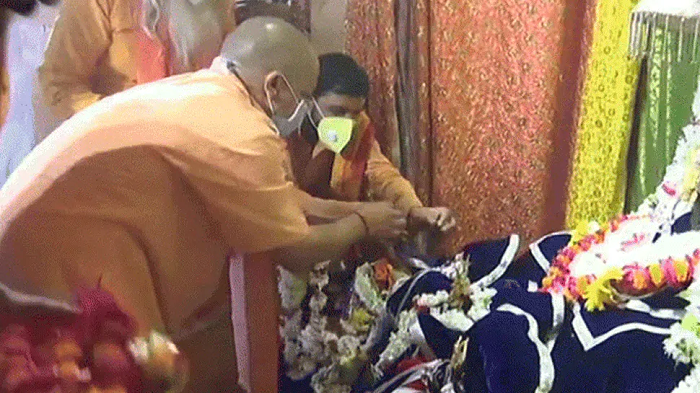New Delhi, July 7: Investors have very high hopes for the new pro-business Modi government's maiden budget on July 10. It has three priorities: restarting a stalled investment cycle, repairing the government's fiscal health and reforming the supply side of the economy.
Addressing all three will be a daunting task. But with a mix of honesty and creativity, Prime Minister Narendra Modi and his Finance Minister Arun Jaitley just might pull it off.
Fiscal repair is where honesty is needed the most. Admitting that last year's actual deficit was more like 5 percent of GDP, not the 4.5 percent announced by the previous government, would be a good start. That lower number was an accounting artefact; using it as a baseline for fiscal correction will either mean intolerable austerity or a return to book-keeping shenanigans. Instead, the focus should be on boosting revenue.
Speeding up privatization is one way to achieve that goal: the government is contemplating an ambitious asset sales target of $11.7 billion, Reuters reported on July 6. That's almost equal to the proceeds of the past four years. A creatively designed amnesty for bringing back wealth parked illegally in overseas tax havens could also help. Using the proceeds to invest in infrastructure and recapitalize state-run banks could ease the immediate resource crunch. The investment cycle would restart.
For a more sustained fiscal fix, the government will have to switch public spending from subsidies and handouts to facilitating jobs and investment. This will require supply-side reforms. Investors are expecting an ambitious plan for skilling up India's 435-million-strong workforce. Freeing employees from archaic labour laws is the next step.
Making the corporate tax regime more predictable, for instance by scrapping the retrospective amendment to tax laws introduced in 2012, will also help improve the business climate. Easing restrictions on foreign investment in defence, railways and e-commerce would help to deepen the country's manufacturing base.
By the time he presents his next budget in February, Jaitley will have had a chance to make reluctant state governments drop their objection to a long-delayed federal sales tax, which could well become the Modi government's most important legislative reform. For now, though, a judicious combination of restart, repair and reform should be enough to keep investors happy.







Comments
Add new comment